+91 92050-84085
Mon-Sat 9am-7pm

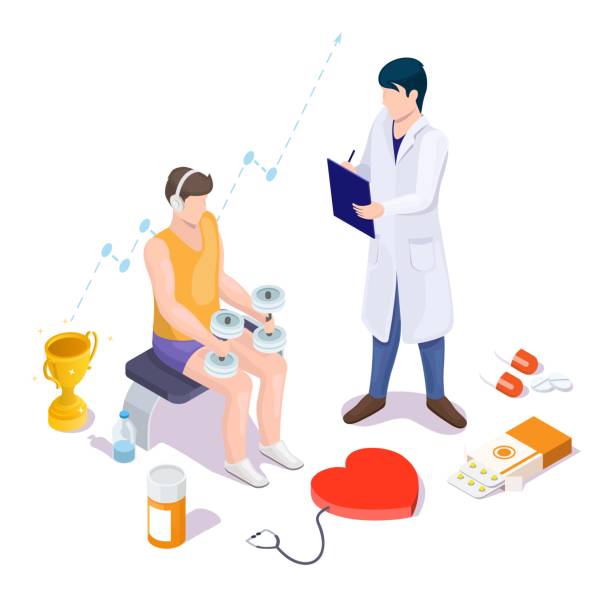
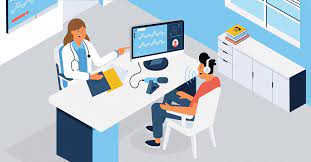


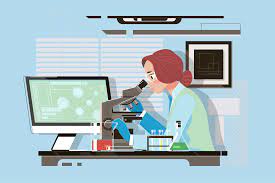

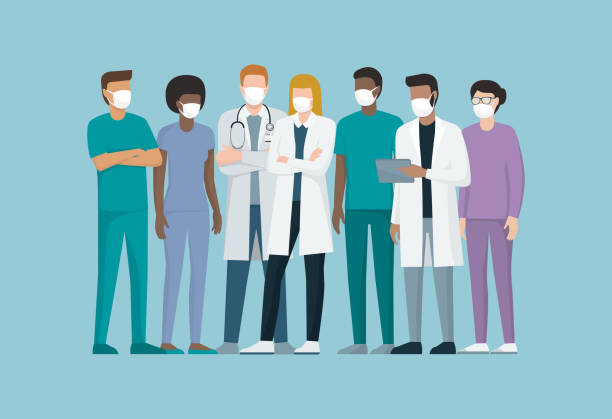
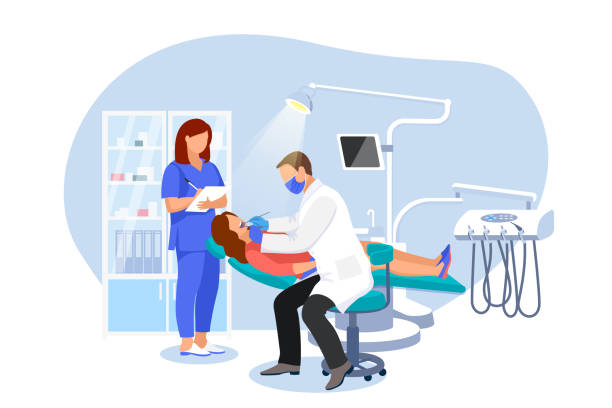
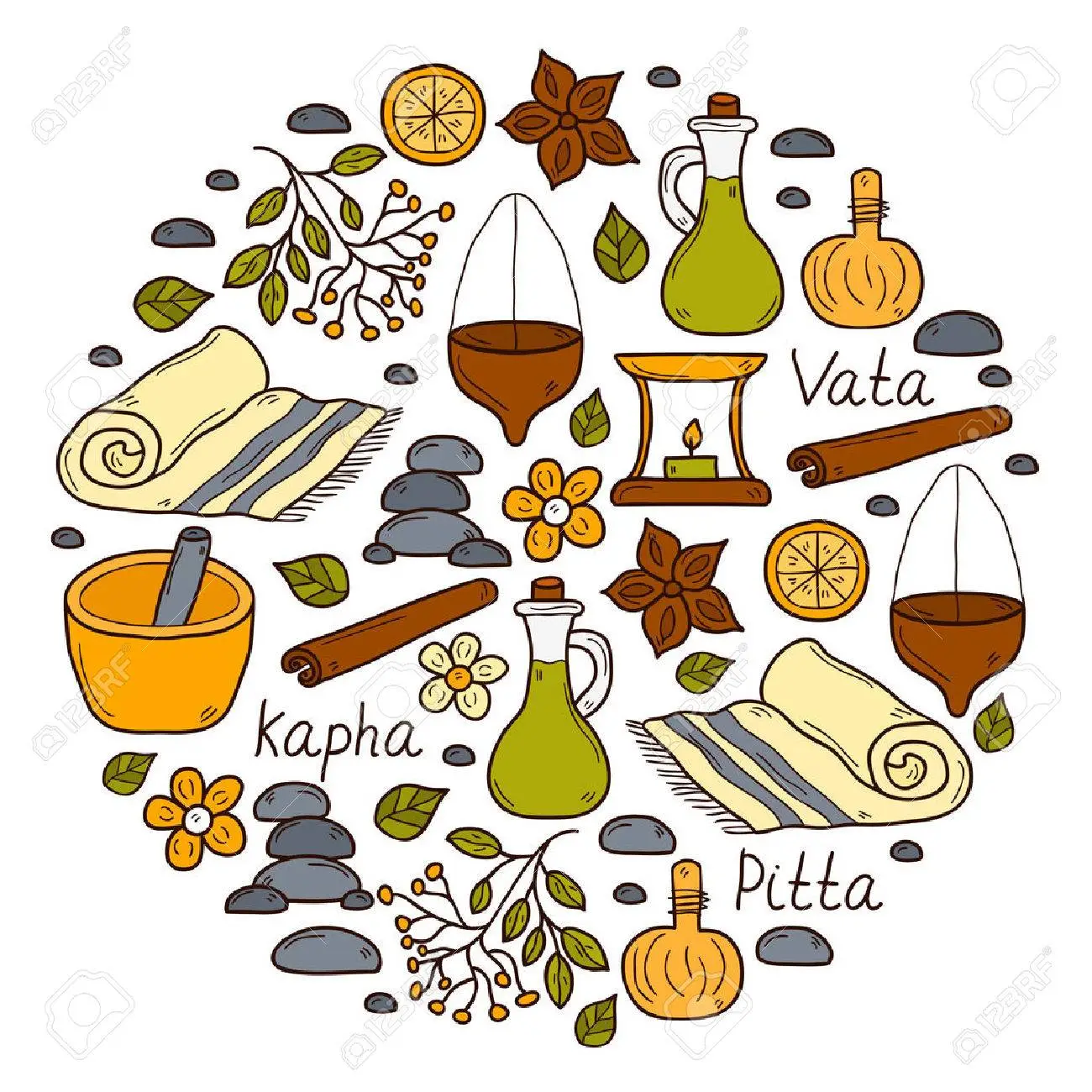
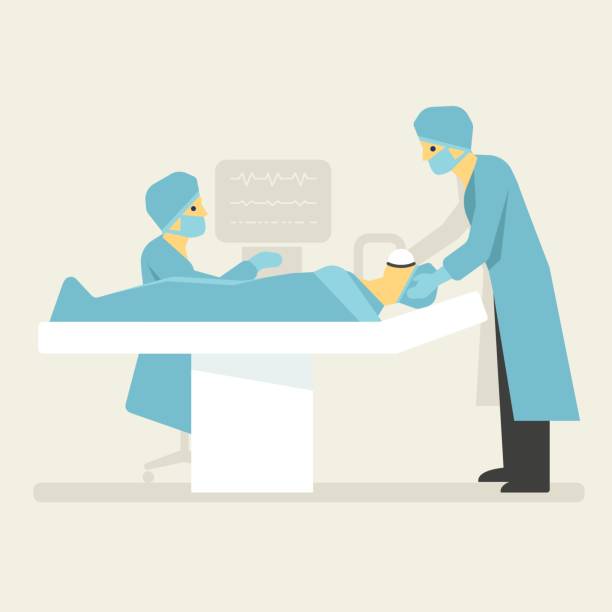
Economists study the production and distribution of resources, goods, and services by collecting and analyzing data and researching trends. They provide specialist advice to a range of stakeholders and work across multiple domains. With the rapidly globalizing economic scenario, qualified economists are in huge demand not only in India but also across the world. They analyze all the data they have gathered to assess feasibility, do forecasts of economic trends and make recommendations of ways to improve efficiency. The research and analysis of data are done using a variety of software program, including spreadsheets, statistical analysis, and database management program.
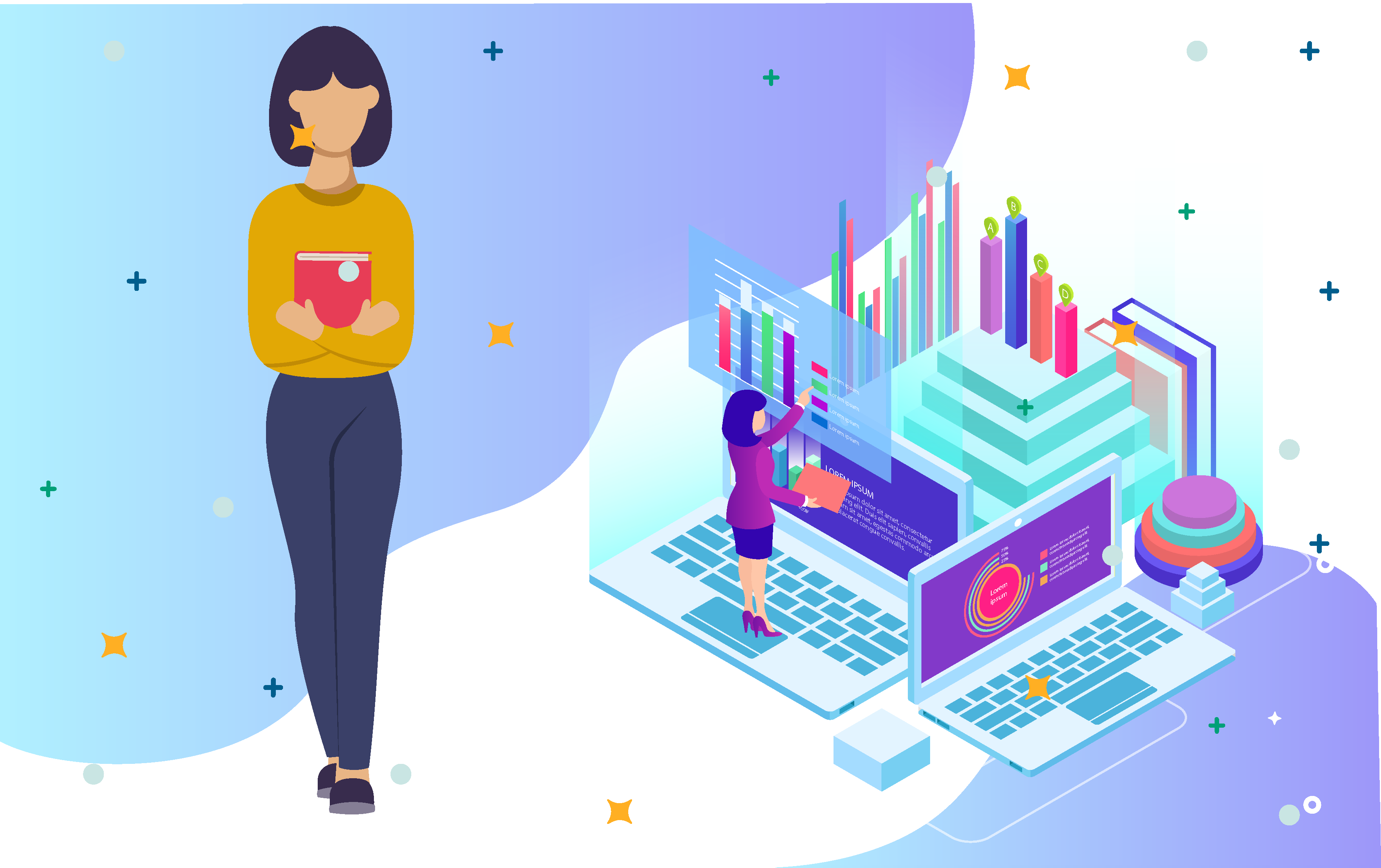
How to Pursue a Career in Economics
|
Stream |
Graduation |
After Graduation |
After Post Graduation |
|
|
Path 1 |
Clear Class XII in Any Stream with/ without Economics as a subject (mathematics is compulsory) |
Pursue B.A.(H) Economics BBA-FIA/ BMS for 3 years |
Pursue Masters in field you want to do specialization in (International Eco etc.) |
Pursue M.Phil/ PhD/Job |
|
Path 2 |
Clear Class XII in Any Stream with/without Economics as a Subject (Mathematics is compulsory) |
Pursue B.A. (H)- Economics/ B.A. (H) in Business Economics/ BBA-FIA/ BMS for 3 years |
Pursue Post Graduation in Management/ Any Other Related Discipline for 2-3 years |
Pursue PhD for 2-3 years/Job |
|
Path 3 |
Clear Class XII in Any Stream With/without Economics as a subject (Mathematics is compulsory) |
Graduation + post-graduation Pursue M.Sc Integrated Program in Economics for 5 years |
- |
- |
Call us at +91 9205084085, Monday - Friday, 9 am - 7 pm


